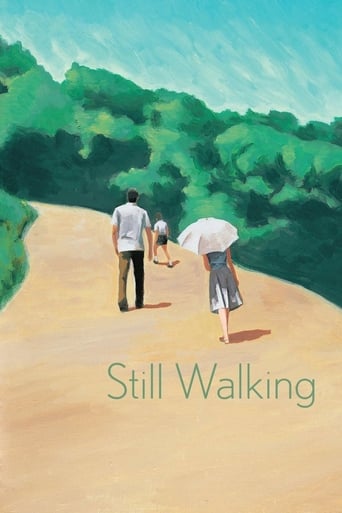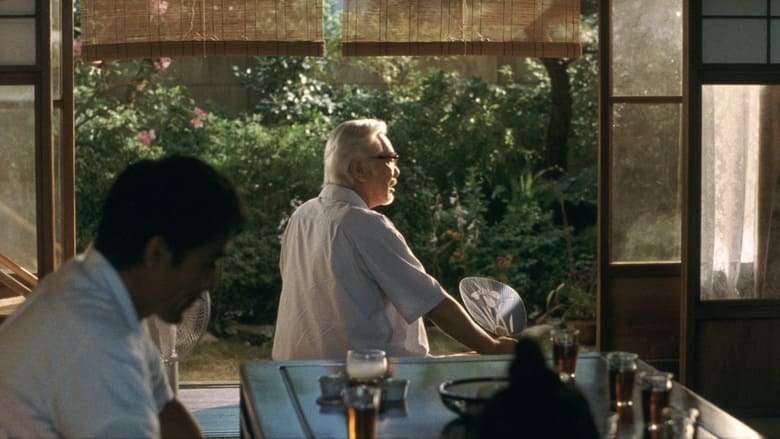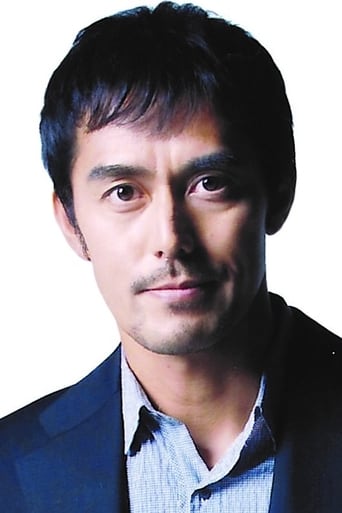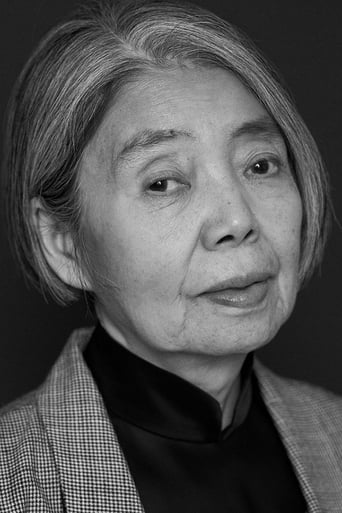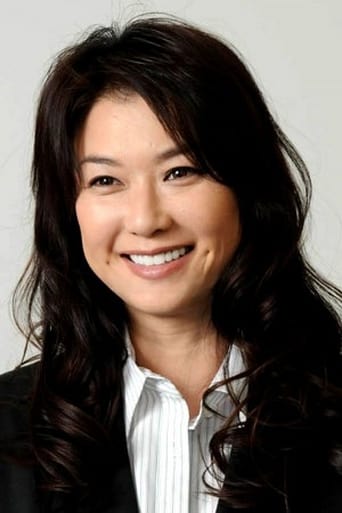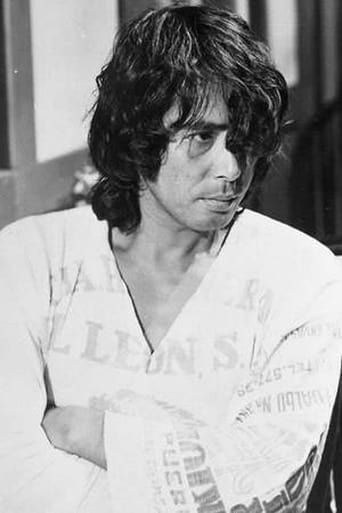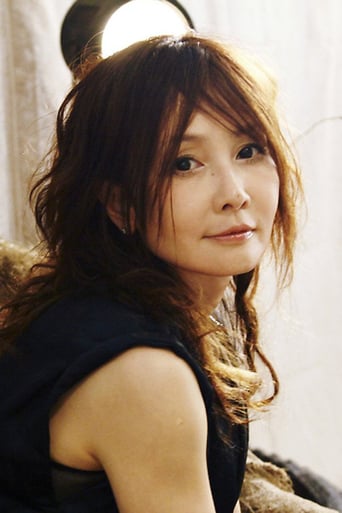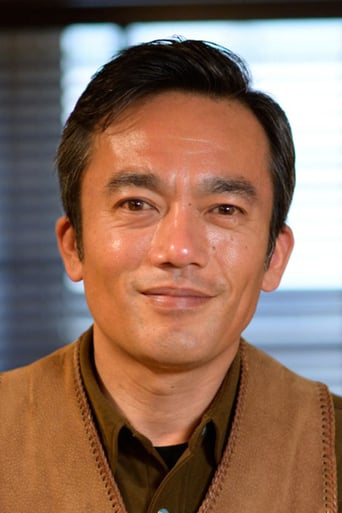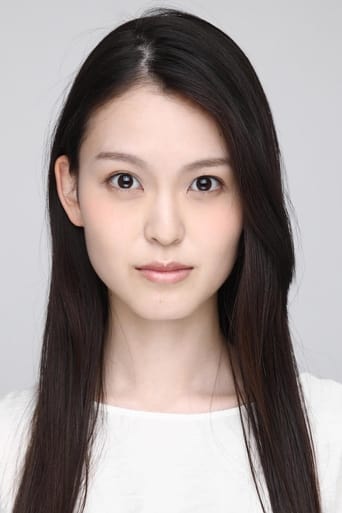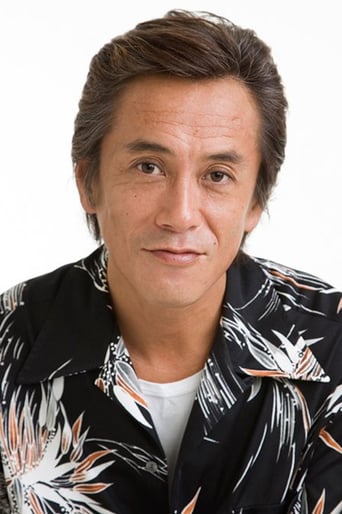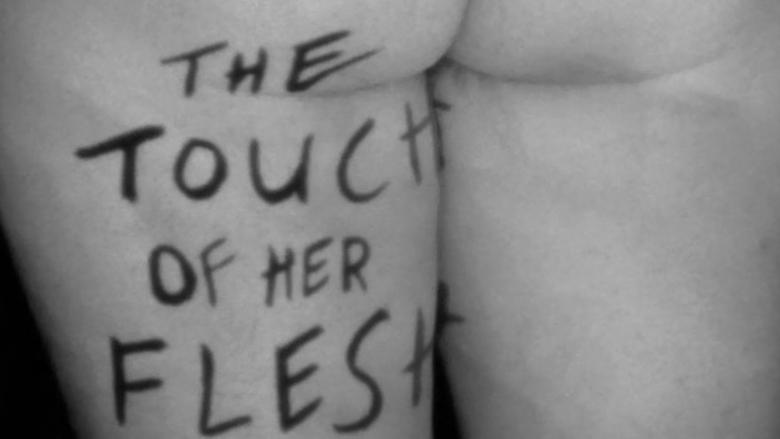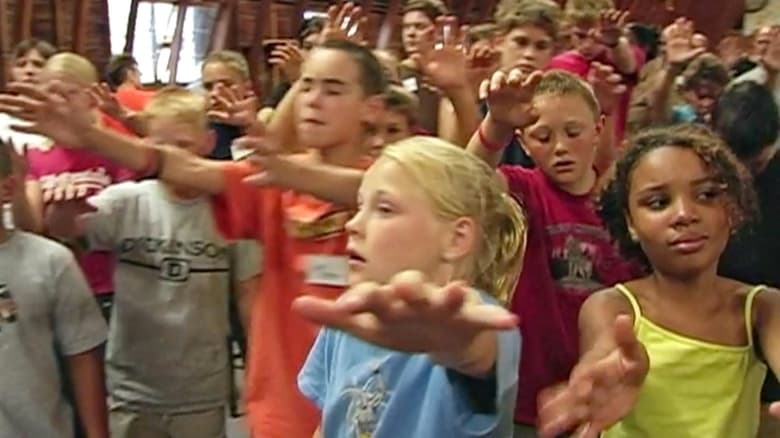Twelve years after their beloved eldest son, Junpei, drowned while saving a stranger's life, Kyohei and Toshiko welcome their surviving children home for a family reunion. Younger son Ryota still feels that his parents resent that he isn't the one who died; his new wife, Yukari, is awkwardly meeting the rest of the family for the first time. Daughter Chinami strains to fill the uncomfortable pauses with forced cheer.


Similar titles
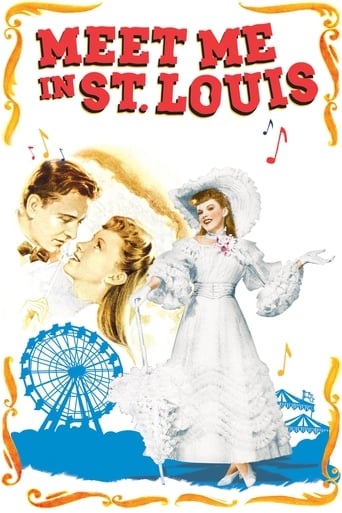

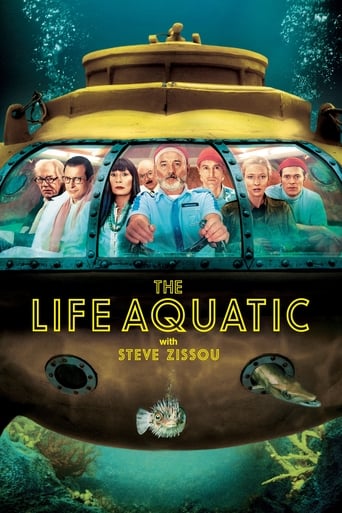

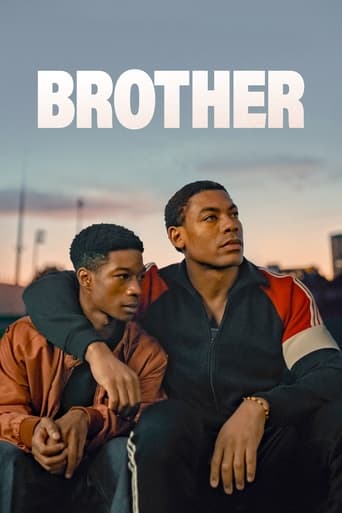
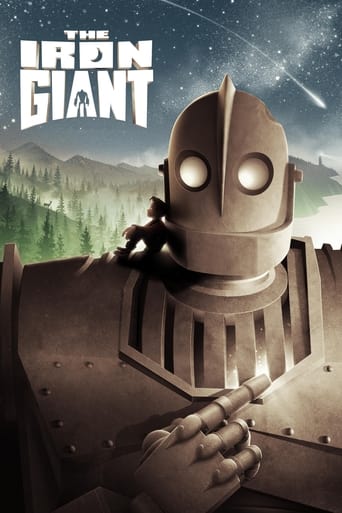
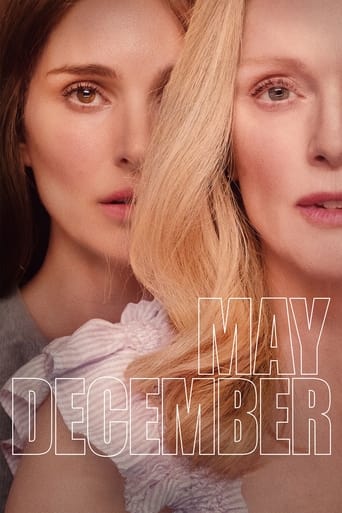
Reviews
This beautiful film introduces the viewer to three generations of a Japanese family as they gather at the home of the parents/grandparents. Through the movie we discover a lot about the complex emotional relations between them. The oldest son has died some years earlier and his memory is central to the family. Influenced by the great filmmaker Ozu, this film moves in a slow, contemplative pace. Nonetheless the discoveries the viewer makes about the family members burst quietly and sustain the viewer's interest in the family. The intensity of the relationships in the family and the film's close focus on them left me feeling, just as in life, both that I knew these people well and that there was a lot that I didn't know about them. I will watch this film again to see what more I can learn about these people.
This one brings you so many memories. Its so plain yet so rich. I think even though the movie is Japanese everyone can relate. What makes it special it's the focus on our loved ones who are gone, and ignorance on those who are still alive. And the ending fills you with an impeccable regret. It also reflects the manners and behavior live on inescapable cycles. Only the one who has been sinful and experienced can see the damage they have created and then realize what they have done. You can have the most brightest mind but you will be back to your darkest roots if you ignore the simple things like your loved ones, your family. Don't resuscitate, that ain't worth nothing."It's always like that. I'm always a little late."
'Still Walking', the stunning new film from Japanese director Hirokazu Koreeda, begins with a premise so stale and overused that to read a plot synopsis of the movie is discouraging enough to prevent you from seeing it. A family reuniting for the anniversary of a loved one's death is nothing new in the world of cinema, and American TV movies have been churning out cloying, sickeningly saccharine variations on it for the past fifty years. Yet here is a film so refreshing and truthful that it restores your faith (almost completely) in the domestic drama.The similarities to Ozu are obvious; had this been directed by him, it might stand quite comfortably alongside his masterpieces. The comparisons that have been made between the great Japanese director and Koreeda are fully deserved. Like Ozu, he makes extensive and inventive use of a stationary camera, always arranging his shots to perfection: often, after a moment of discussion or 'drama', we are taken away from the characters and the camera lingers, providing a seemingly superfluous shot. This was an Ozu trademark, and it is used with reverence here; at times the camera focuses on seemingly trivial things, such as broken bath tiles or a flower in a glass, pale in the twilight. It allows us to digest what we have seen. The detail in his shots is quietly breathtaking: Koreeda has an eye for family meals and rituals in particular, and these scenes are handled masterfully.The film follows Ryota, his wife and his stepson as they return to his parents' home on the anniversary of his elder brother Junpei's death. It is gradually revealed that he was drowned while rescuing a young boy, now grown older. In Ozu's 'Tokyo Story', it was the parents who were the caring couple becoming victims of their children's' greed and selfishness in their old age; here, it is the parents who bicker, both with themselves and their children, making petty insinuations due to their outdated ideals and the tragedy they have suffered; it is their living children who suffer as a result. Yet there are no earth shattering arguments among smashed crockery, and very rarely a raised voice; by the time we meet these people, the arguments are past, only to be replaced by stifled politeness and bitter mutterings. They have settled into a routine; it is at once their refuge and their weapon, their greatest ailment but their only means of communication. If it weren't for the fact that it was Ryota's duty to return home each year on the anniversary of his brother's death, he might never return at all: his father quietly chastises him for never calling his mother, to which Ryota's reply is that she always complains when he does.How wise this film is in comparison to so many of its counterparts, where oversimplified, long standing feuds are rectified in a single visit! This film is far too mature to fall into that trap. It contains layer upon layer of characterisation: we get the sense that what we are seeing is a real family, not a TV cardboard cut out. Their issues are buried deep in the past, and as Koreeda notices, it is almost always the tiny, minute details that a family argues about - often referenced briefly and indirectly. And what an abundance of these we see, some never explained; it is through these microscopic specifics that Koreeda, with delicate precision, provides insight into his characters and their lives: the fact that the old patriarch, a retired doctor, refuses to go shopping because he is too proud to be seen by his neighbours carrying a shopping bag; the fact that his wife would have preferred her son to marry a divorced woman rather that a widow. These are some of the more trivial. There are mounds to discover.Perhaps the finest scene in the film is one in which Ryota and his mother Toshiko are talking in the kitchen together. It is nearly the end of the day and Ryota will be leaving in the morning. Earlier, in the afternoon, the boy that Junpei saved when he drowned visited to pay his respects. We learn that he does this every year, as Toshiko always invites him, and it is painful to notice the subtle ways in which Toshiko, with a sympathetic smile and polite tone, gently treats him with derision and belittles him. In the evening, Ryota and Toshika are making small talk about a sumo wrestler. The way in which that small talk gradually leads to Toshiko's painful admission of why she invites the boy every year is so subtle it is almost indiscernible; but what an honest, heart wrenching, cruel admission it is. There is no background music, and the camera, stationary, provides a close up of the side of Toshiko's face, downcast, as she speaks. It's an amazing scene.And when the twenty four hour visit is over, very little is rectified. Meaningless promises are made, resentments still fester, they are still awkward with each other. These people are desperate, and as we begin to learn, they want desperately to reach out to each other. But it is too awkward, and the honesty it would require would be far too painful. They are distinctly human, ignoring the problems and running away. And then, of course, it's too late, and all that's left is the broken pieces and the disappointment. What a sad, meditative film this is, handled with such astounding tenderness and compassion. But there are bittersweet moments, and even hope is to be found here! Far from being simple and cloying, this is an extraordinarily complex gem of a film, containing emotional truths and nuances that even the longest essay couldn't fully disclose. Words just can't be found to explain some things... and what a mess that fact makes of their lives!
Its not often I return to see a film immediately to see it again, but this is a film which demands it. This is a masterly film by Koreeda following an ordinary middle class Japanese family has they have an annual reunion to commemorate the older brother who died rescuing a boy from drowning. In its slow, gentle, poetic way, this film brings us into the heart of the family so well you feel it is your own - indeed, the characters are so real, so richly portrayed, that you almost come to believe you know them as well as your own family.A simple plot précis doesn't do justice to what this film is about. It shines a light into those repressed areas of resentment, sentimentality, nostalgia, guilt and desire that are so often hidden behind a facade of politeness. Koreeda is too subtle a director to have any big blow ups or surprises - he reveals his characters in a gentle manner as detail is laid upon detail. When the ending comes it is not a surprise, but it is still profoundly moving and thought provoking. This is a film that will stay with you long after you leave the cinema.A lot has been made about the films debt to Ozu. I think this is very overstated - although there are one or two stylistic nods to Ozu at the beginning, Koreeda is a very different type of film maker. Unlike Ozu he uses tiny surreal moments of beauty to contrast with the realism of the rest of the film. His use of editing and camera work is far less formal and rigorous - instead he allows the camera to follow the characters, revealing the layers of the home. And most importantly, while Ozu emphasised the death of the traditional Japanese family and considered it with sad resignation, Koreeda sees families as all alike, stuck in a series of inescapable cycles. In many respects this film reminded me more of some of Naruse's classic films than Ozu.The cast is uniformly excellent, with Kiki Kirin utterly wonderful as the grandmother. The only very small quibble I have with the casting is that Koreeda succumbed somewhat to casting some characters who are a little too elegant and good looking for the 'normal' people they portray. Hiroshi Abe and Yui Natsukata are maybe a little too good looking to be convincing as the less than 100% welcome family members. But that is a very minor criticism of what is a terrific ensemble piece.I think this film is one of the finest of the year and may well come to be seen as a classic. It can certainly sit comfortably with any of the great films of Japans golden era.
